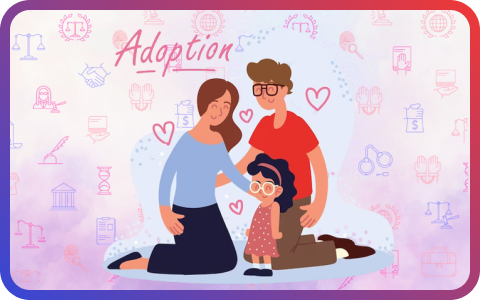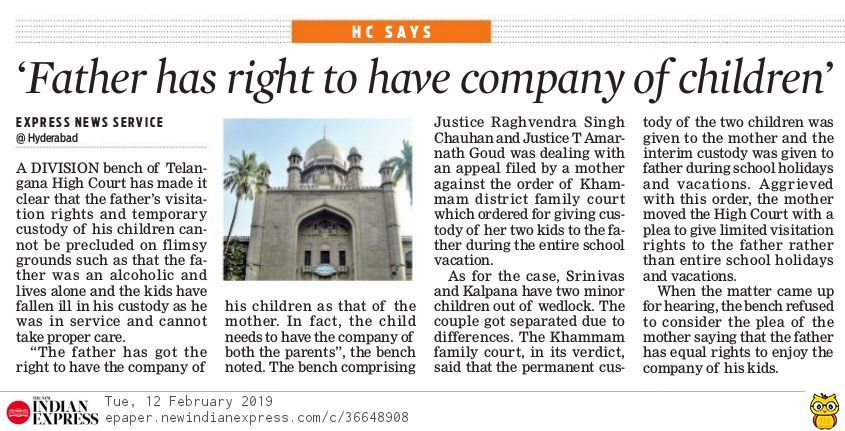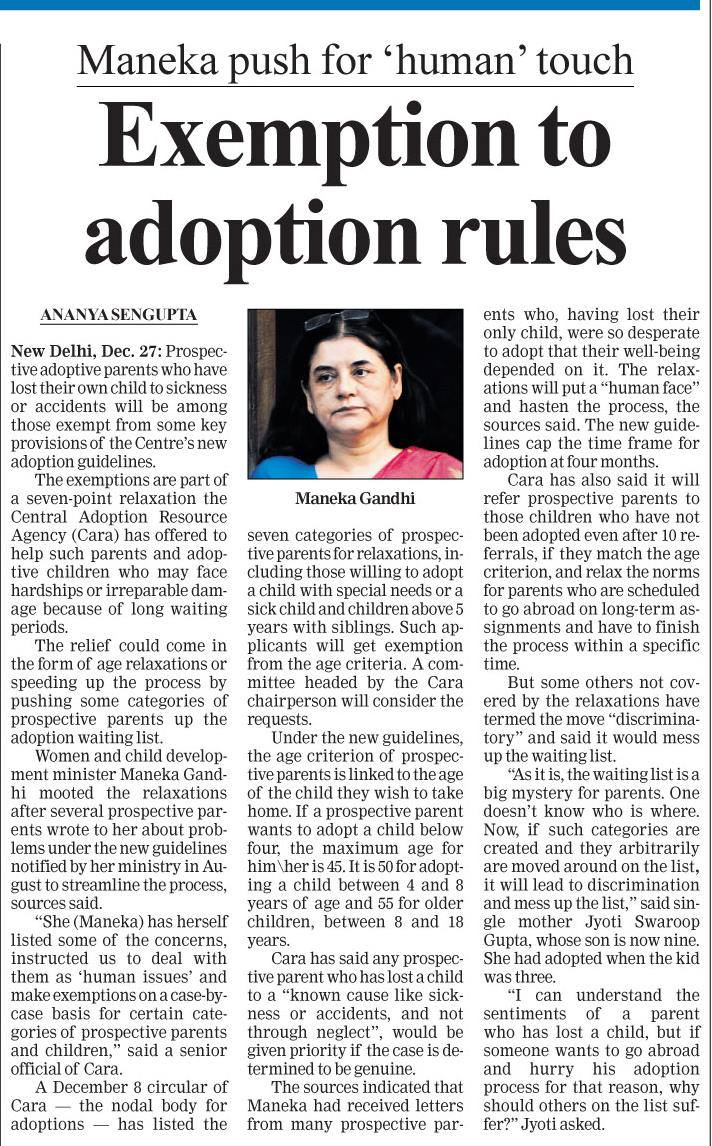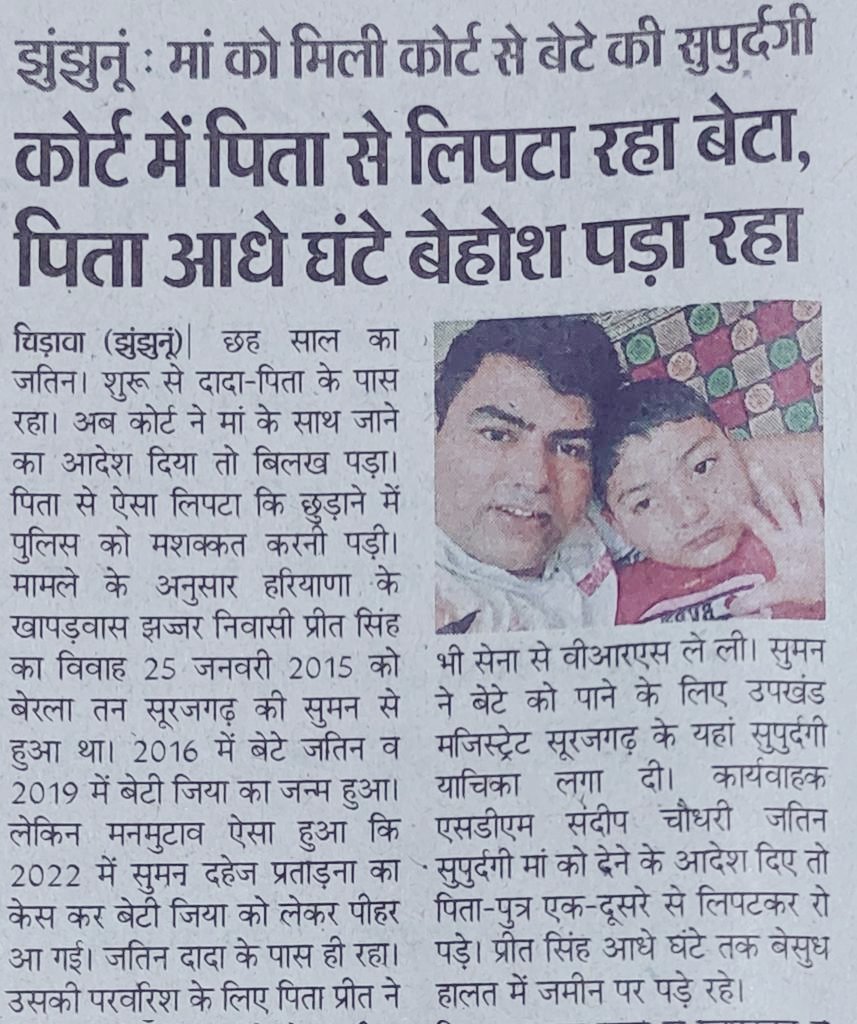Laws Governing Child Custody And Adoption Process India
There are various provisions that govern the process of adoption as well as child custody in India. While Hindu law is shining bright, the other laws relating to Muslims, Christians as well as Parsis should be reformed very soon.
Over the course of the transition from the prehistoric to the modern era, the idea of adoption has drastically changed. Adoption as well as child custody is fundamentally the result of both historical and evolutionary processes, much like other social institutions.
Therefore, Indian Law prioritizes the welfare of the children over all other factors when determining who should have the rights to adoption and custody of a minor child, even while respecting a parent's claim to custody or adoption.
Laws Pertaining to Child ...Read More
Therefore, Indian Law prioritizes the welfare of the children over all other factors when determining who should have the rights to adoption and custody of a minor child, even while respecting a parent's claim to custody or adoption.
Laws Pertaining to Child Custody in India
Since India is a secular country with a diverse population, each religion has its own set of laws pertaining to child custody, which governs how a parent applies for custody of their child.
The idea of adoption was introduced in order to grant orphans, abandoned children, and surrendered children their right to a family. Securing the fulfilment of one's funeral rights and preserving the continuation of one's lineage were the driving forces behind the creation of this notion.
The status of women in society has greatly improved, as has the adoption of legislation for Hindus. However, Christians, Muslims as well as Parsis are not able to lawfully adopt a child simply due to the absence of a universal civil code on adoption. These religions in India will only be able to lawfully adopt children through the enactment of a common civil code, which would also serve to enhance the health of childless parents. The child who is adopted will have a promising future and receive the necessary care and protection.
Undoubtedly, this is a complicated procedure, but if it is carried out, every child without a parent will attend school and lead a life he could never have imagined.
How Can Sharks of Law Assist You?
Consult with experienced Lawyers across expert areas











Expressing heartfelt gratitude to our advocate for navigating the adoption process of our beloved girl with exceptional care and expertise. Their dedication and support made the journey remarkably smooth, ensuring a joyous and legally sound addition to our family after remarriage. Thank you for making our dreams come true.
Read-more

Priya
Mother
Take a look at the glowing reviews and success stories from some of our happy customers to see how (CompanyName) can help your business achieve its goals.